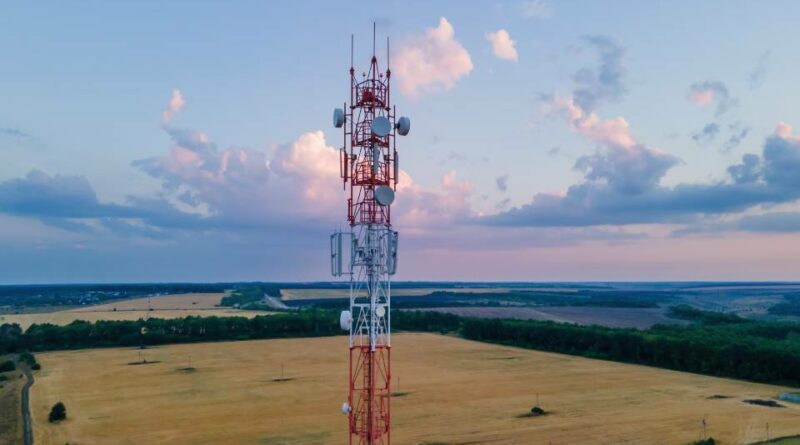Finding Funding for Broadband: A State Comparison
Local governments should prepare for pending state block grant broadband funding as Bipartisan Infrastructure Law (BIL) funds continue to roll out through the Broadband Equity, Access and Deployment (BEAD) program.
A $42.45 billion state block grant, the BEAD program is to help create universal coverage of broadband through sub-grants to entities to build broadband infrastructure in unserved and underserved areas. States were required to create and submit plans describing how they would use BEAD and other funds to create universal broadband service and digital equity for their residents, along with an outline of how they intend to run a sub-grant process for BEAD funds, to the National Telecommunications and Information Administration, the federal agency responsible for BEAD. The latest update on your state’s progression can be found here.
Staff members of the National League of Cities (NLC) reviewed each state’s initial plans to determine which states will allow municipalities to apply for BEAD funding, which states included municipalities in their BEAD planning process, and much more. A dashboard with all the information NLC gathered is available here.
According to the NLC, NLC has found that 29 states allow municipalities to directly apply for state BEAD funding. This includes states like Georgia, Maryland and Idaho.
Some states (LA, MN, MT, NV, NJ, NC, PA, TN, UT, WI) allow for municipalities to apply for BEAD funding with various restrictions. For example, Nevada only allows municipalities with under 25,000 residents to compete for subgrants and Utah requires municipalities to partner with a nonprofit to compete for subgrants. Three states don’t allow municipalities to apply for BEAD funding mainly due to existing legislative preemption. Each state structures its subgrantee selection process slightly differently, so check your state’s RFP for specific requirements.




